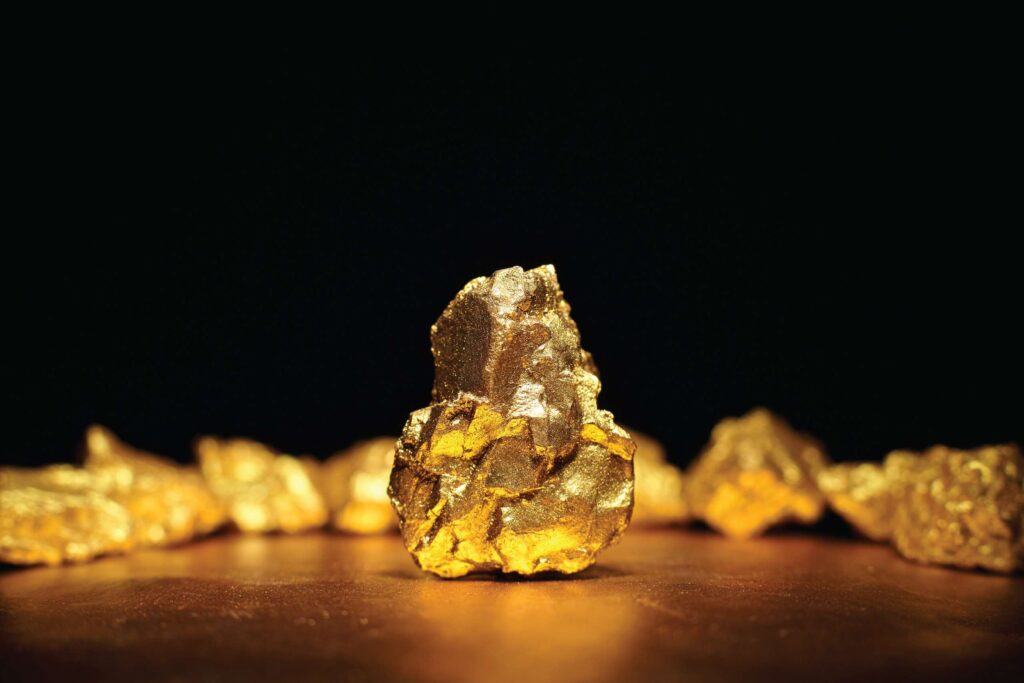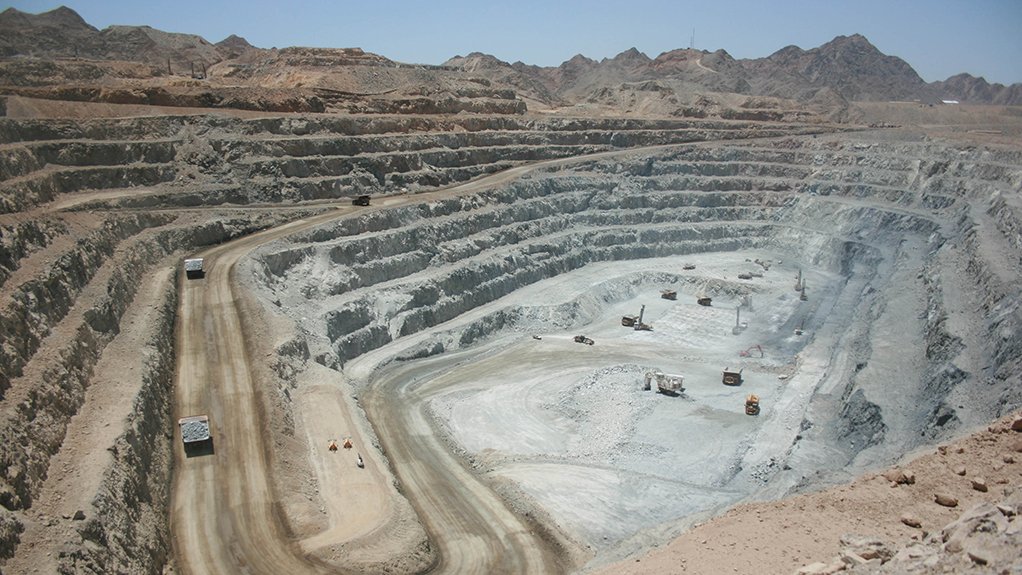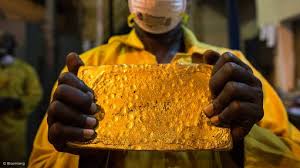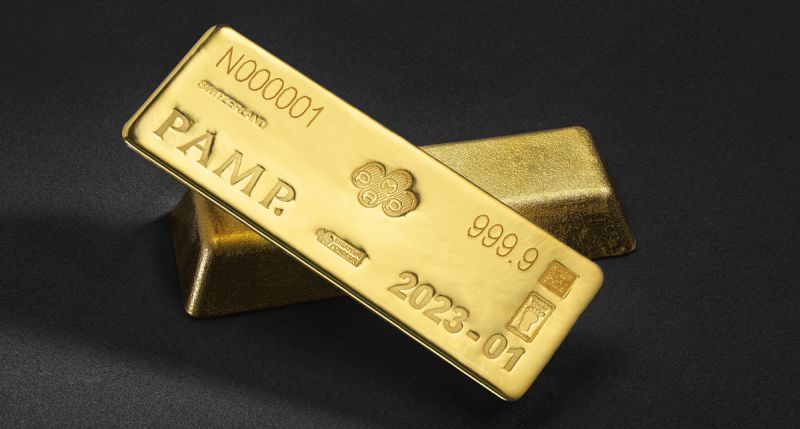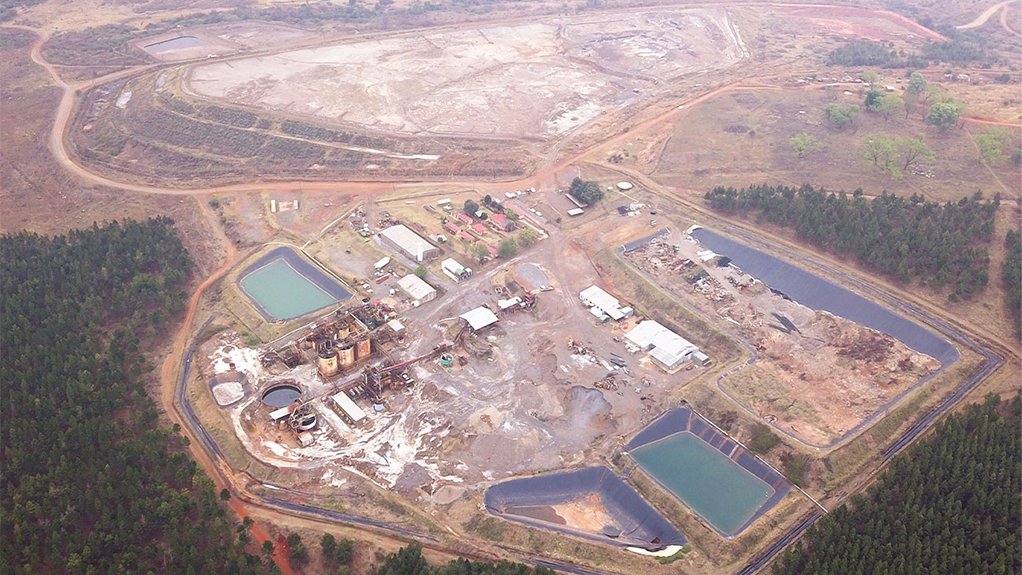Precious Metals

We will only buy gold mined locally, says BoU

Bank of Uganda has indicated it will only buy locally mined gold under its Domestic Gold Purchase Programme.
Under the programme, which Bank of Uganda says seeks to rebuild the country’s foreign reserves, the Central Bank will purchase between seven and 10 tonnes of gold annually. Bank of Uganda will use existing gold prices on the international market to make its purchases.
While responding to inquiries in Kampala yesterday, Dr Adam Mugume, the Bank of Uganda director for research, said the central bank was in advanced stages of implementing the programme, with at least seven suppliers still under evaluation.
“We shall start buying gold very soon. We are currently developing a chain-of-custody to ensure only gold mined in Uganda is purchased,” he said.
Dr Mugume also indicated that under the programme, Bank of Uganda will procure a refinery to test gold purity levels and origin.
“We will only pay for the gold after testing for purity levels by a reputable refinery we will have contracted. This approach will eliminate both imported and fake gold. Already, about 7 initial potential suppliers have submitted their interest,” he said.
The revelation by Dr Mugume indicates that imported gold will not be considered under the programme.
It is difficult to ascertain the amount of gold that is mined in Uganda, but Dr Mugumu said: “Uganda has sufficient gold ore deposits estimated at 30 million tonnes.”
Gold remains a key commodity in Uganda’s trade ecosystem, earning the country more foreign exchange than any other commodity.
Uganda currently exports about 3,995.3 kilogrammes of gold monthly, which translates to an annual volume of 47,997 kilogrammes.
However, a large percentage of these are re-exports from Tanzania, Zimbabwe and DR Congo.
In July last year, Bank of Uganda said it was in the process of initiating a Domestic Gold Purchase Programme to rebuild foreign reserves, which had been depleted by the impact of Covid-19.
As of June 30, the stock of reserves had grown to $4.2b or 3.6 months of future imports of goods and services, which was slightly higher than the 3.6 months registered in the same period in June 2024.
In its State of the Economy report for June, Bank of Uganda said the gold purchase programme seeks to mitigate a decline in foreign reserves and address associated risks in the international financial markets.
“This initiative is also expected to support government’s ongoing value addition to the minerals and import substitution strategy by reducing imports of raw gold into the country,” the report reads in part, noting that by purchasing gold directly from artisanal miners, the Central Bank will also support the livelihoods of small-scale miners.
Dr Mugume last year said Bank of Uganda was “in the process of diversifying international reserves to include monetary gold”, noting that gold will be purchased from local miners and processed to at least 99.5 purity levels, before it is converted into monetary gold.
He also noted that purchasing foreign currency from the domestic market had been constrained by low inflows as a result of dwindling budget support, combined with higher interest rates, which have limited flows into emerging and frontier economies like Uganda.
This will also support value addition to Uganda’s natural resources,” he said.
Bank of Uganda data indicates that Uganda’s donor inflows have declined by 84 percent in just two years, falling from $905m in June 2023 to just $146.4m.
Thus, the reduction has seen Bank of Uganda join other Central Banks that have, in the last three years, added billions of dollars worth of gold to their international reserves
Globally, the International Monetary Fund says, in the third quarter of 2022, central banks added $20b worth of gold to their international reserves.




